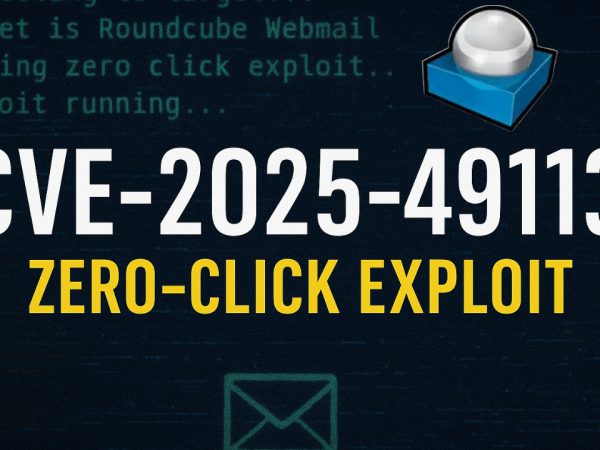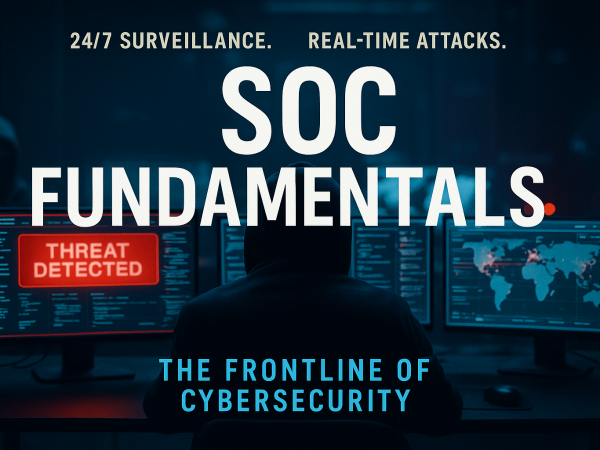Introduction
The Google Cybersecurity Professional Certificate offered on Coursera provides a comprehensive, beginner-friendly introduction to cybersecurity. Launched in response to the increasing demand for cybersecurity expertise, this program aims to prepare individuals for entry-level cybersecurity roles. In this review, we’ll explore the strengths and limitations of the Google Cybersecurity Professional Certificate and how it compares to other certificates in the market.
HackTheBox Certified Penetration Testing Specialist Study Notes
CompTIA Security+ SY0-601 Study Notes
Overview of the Google Cybersecurity Professional Certificate
Course Structure and Curriculum:
The Google Cybersecurity Professional Certificate is structured as a series of modules covering foundational cybersecurity topics, including:
- Introduction to Cybersecurity
- Networking Fundamentals
- Security Monitoring and Incident Response
- Threat Intelligence and Vulnerability Assessment
- Security Operations
Each module is designed to provide students with essential cybersecurity skills, with a focus on hands-on practice through simulations and labs. The curriculum is well-rounded, focusing on:
- Networking concepts and protocols
- Security frameworks and risk assessment
- Threat detection and vulnerability management
- Practical tools and techniques for security monitoring and incident response
The certificate is designed to be completed in three to six months with a recommended pace of about 10 hours per week. However, learners can complete it at their own pace. The content is heavily focused on preparing students for entry-level roles and does not delve deeply into advanced cybersecurity topics, making it ideal for beginners.
Learning Format and Accessibility:
Delivered entirely online, the course allows for flexible learning and is accessible for students globally. The certificate is relatively affordable compared to traditional degrees, costing approximately $39/month on Coursera. The program is also eligible for Coursera’s financial aid, making it accessible for a wide audience.
The Course Structure
- Total Duration: The certificate typically takes 3 to 6 months to complete with 10 hours of study per week, but it can be done faster if you increase your weekly hours.
- Modules: The course is divided into six primary modules that cover topics from introductory cybersecurity concepts to practical applications in security operations. Topics include:
- Foundational cybersecurity concepts
- Play It Safe: Manage Security Risks
- Connect and Protect: Networks and Network Security
- Tools of the Trade: Linux and SQL
- Assets, Threats, and Vulnerabilities
- Sound the Alarm: Detection and Response
- Automate Cybersecurity Tasks with Python
- Put It to Work: Prepare for Cybersecurity Jobs
- Assessments: Each module includes quizzes, hands-on labs, and a final project to evaluate your knowledge and practical skills.
Hands-on Labs: Labs are a major component of this certificate, offering practical experience with tools used in real-world cybersecurity tasks. Don’t rush through them—practice each skill until you’re comfortable.
Key Tools: Learn to use tools like Wireshark, Splunk, and Google Cloud, as they are widely used in the industry.
Apply Knowledge: Practice implementing security measures, identifying vulnerabilities, and responding to simulated security incidents to ensure you understand both the concepts and their practical applications.
Key Strengths of the Google Cybersecurity Professional Certificate
Industry-Recognized Credibility: Being backed by Google, the certificate holds considerable weight with employers. Google’s involvement enhances the program’s reputation and suggests the curriculum aligns with current industry standards and needs.
Hands-On Learning and Real-World Relevance: The certificate includes practical labs and exercises designed to mimic real-world scenarios. This hands-on component is particularly valuable as it allows learners to apply their knowledge, something crucial in the cybersecurity field where practical experience is often prioritized.
Career Support and Networking: Graduates of the Google Cybersecurity Professional Certificate gain access to Google’s Employer Consortium, which includes top companies looking to hire cybersecurity professionals. The course also offers career support, including resume-building workshops and interview preparation, which can be beneficial for those new to the job market.
Beginner-Friendly Approach: The program is designed to be accessible to beginners with little or no background in cybersecurity, which differentiates it from many other certifications that assume a baseline of technical knowledge.
Limitations of the Google Cybersecurity Professional Certificate
Limited Scope for Advanced Learning: The course is focused on foundational concepts, making it suitable for entry-level positions but lacking in advanced cybersecurity topics. Those seeking deeper technical knowledge in areas like cryptography, penetration testing, or ethical hacking may need additional certifications.
Absence of Industry Standard Exams: Unlike some other certifications, this program does not prepare students for widely recognized industry certifications such as CompTIA Security+ or Certified Information Systems Security Professional (CISSP). This might make it less appealing for those who want credentials that directly correspond to established certifications.
Self-Paced Challenges: While the flexibility of self-paced learning is a strength, it can be a drawback for those who may struggle with time management. Without a structured class environment, some learners may find it challenging to stay motivated.
Comparison with Other Cybersecurity Certifications
Let’s look at how the Google Cybersecurity Professional Certificate stands against other well-known certifications, including CompTIA Security+, Certified Ethical Hacker (CEH), and the (ISC)² Certified Information Systems Security Professional (CISSP).
1. CompTIA Security+
- Target Audience: Entry-level professionals; requires basic knowledge of IT.
- Content: CompTIA Security+ covers risk management, threat analysis, cryptography, and identity management. It focuses on broader concepts and is often seen as the “baseline” cybersecurity certification.
- Industry Recognition: Security+ is widely recognized and often seen as a requirement for entry-level cybersecurity jobs.
- Cost: The exam alone costs around $370, with additional costs for study materials and prep courses.
Comparison: While both are beginner-friendly, CompTIA Security+ is recognized as an industry standard and is particularly useful for those looking to meet specific job requirements. Google’s certificate, however, provides a broader introduction with hands-on labs but lacks the same level of recognition. For students looking for immediate industry relevance, CompTIA Security+ might be more advantageous.
2. Certified Ethical Hacker (CEH)
- Target Audience: Intermediate professionals; often requires some experience in networking or IT.
- Content: CEH focuses heavily on penetration testing, ethical hacking, and understanding how to counteract attacks. This certification prepares individuals for roles that require a deep knowledge of attack techniques and defense mechanisms.
- Industry Recognition: CEH is a highly respected certification, particularly for roles in ethical hacking and penetration testing.
- Cost: The certification costs between $950 and $1,199, making it one of the more expensive certifications.
Comparison: Google’s certificate does not aim to prepare learners for roles in ethical hacking and lacks the depth in hacking techniques that CEH provides. For those specifically interested in ethical hacking or penetration testing, CEH offers more relevant training.
3. (ISC)² Certified Information Systems Security Professional (CISSP)
- Target Audience: Advanced professionals with 5+ years of experience in the field.
- Content: CISSP covers eight domains of cybersecurity, including asset security, security operations, and software development security. It is known for its comprehensive approach to cybersecurity management and strategy.
- Industry Recognition: CISSP is widely regarded as one of the most prestigious cybersecurity certifications and is often required for senior-level roles.
- Cost: The exam costs around $749, with additional costs for study resources.
Comparison: The Google Cybersecurity Professional Certificate does not aim to compete with CISSP, as it is designed for beginners. CISSP is a high-level certification and requires significant experience, making it a logical choice for those looking to advance to leadership roles in cybersecurity. In contrast, Google’s certification is ideal for entry-level positions and career starters.
Final Verdict
The Google Cybersecurity Professional Certificate offers an accessible, industry-backed pathway into the cybersecurity field, with a curriculum suitable for beginners. It is an affordable and flexible way to gain foundational skills, especially valuable for those aiming for entry-level roles in cybersecurity.
However, for individuals seeking recognized credentials in the cybersecurity industry, CompTIA Security+ or Certified Ethical Hacker may offer more direct pathways. CISSP remains the gold standard for experienced professionals aiming for senior roles.
In short:
- Best For Beginners: Google Cybersecurity Professional Certificate
- Best For Immediate Industry Entry: CompTIA Security+
- Best For Ethical Hacking Roles: Certified Ethical Hacker
- Best for Advanced Professionals: CISSP
Ultimately, the choice depends on your career goals, experience level, and the specific demands of your desired cybersecurity role. The Google Cybersecurity Professional Certificate is an excellent starting point, particularly for those wanting a guided entry into cybersecurity, but further certifications may be necessary for specialized or advanced positions in the field.




